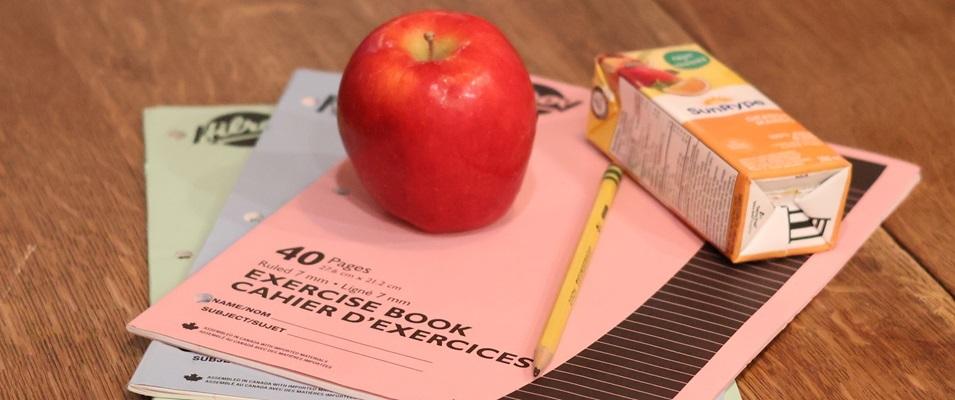In an effort to ensure that every student has a chance to excel in their learning experience, the NDP government recently announced new funding for in-school nutrition programming for all.
Beginning this school year, the province will increase their grant funding to the Child Nutrition Council of Manitoba (CNCM) from $2.5 million to $3.87 million. The additional $1.37 million will enable the non-profit organization to expand its current nutrition programming in schools and hire another dietitian for support.
Founded in 2001 as a way to address poverty in Manitoba’s communities, the CNCM currently provides funding to help cover the costs of more than 300 healthy in-school breakfast, lunch, and snack programs.
“When we feed hungry kids at school, we set them on the right path towards success in both their education and their future,” said Premier Wab Kinew in a press release. “Our government is a leader in Canada in implementing universally accessible school nutrition programming. Children experiencing food insecurity should not have a disadvantage in their learning outcomes because they are hungry.”
But it’s in the upcoming 2024–25 school year where the province will really be stepping up. According to Tuesday’s announcement, a record $30 million will be budgeted for provincewide school nutrition programs to ensure that every child has access to nutritional food during the school day.
The funding will be rolled out in three streams.
The first $15 million will be distributed directly to school divisions to help them establish or enhance their nutritional meal programming. It will be doled out based on student enrolment numbers and socioeconomic factors within the division.
Public schools existing in communities where the socioeconomic need is extra high will be eligible for an additional $6 million distributed between them.
Finally, $9 million in grants will also be available for nutrition programming on an application basis. This funding will include expanded support for the CNCM, as well as help support family outreach initiatives and after-school, summer, and school break programs.
“Recognizing the importance of nutrition as a basic need for academic success, having a universal program at each school community, means that they don’t have to fundraise to get this basic need met,” says Irene Nordheim, trustee of the Louis Riel School Division board. “This is going to take time-consuming work and lots of stress off the backs of teachers and administrators.”
Wendy Bloomfield is on the board of directors of CNCM. She’s also the chairperson on the trustee board for the Seine River School Division.
This year will be Bloomfield’s tenth on the CNCM board and she says they are all ecstatic about the province’s funding announcement.
“We hear all kinds of feedback from schools and parents on the difference it makes to kids when they have access to food at school,” Bloomfield says. “There’s a lot of different reasons [kids might come to school hungry]. There are a lot of families that are really struggling with having good food at home when the costs as we all know are rising daily. Also, some rural kids are on the bus a long time in the morning, so being able to have a snack… really helps them to stay focused.”
The CNCM, though, is intended to be only a support vehicle for nutrition programs. Applicants should understand that only 20 percent of a school’s food costs will be provided by the organization. The remaining 80 percent will be up to the school, division, or parent organizations to raise on their own.
According to Bloomfield, there are around 700 schools in Manitoba and only around 300 of those currently have nutrition programs being subsidized by the CNCM.
The organization has had a waiting list of 70 schools for some time now, all hoping to receive funding from CNCM to start their own program. The additional $1.37 million slated for this year will help CNCM take care of everyone on their waitlist.
“After that announcement yesterday, our staff have already been getting phone calls about how they can access funding,” Bloomfield says. “But we don’t have the details on… how this is going to all roll out just yet.”
Bloomfield says that interested parties can fill out an application, which is available on their website, if they’d like to see a nutrition program started in their school.
FOR MORE INFORMATION
To learn more, visit: https://www.childnutritioncoun…


